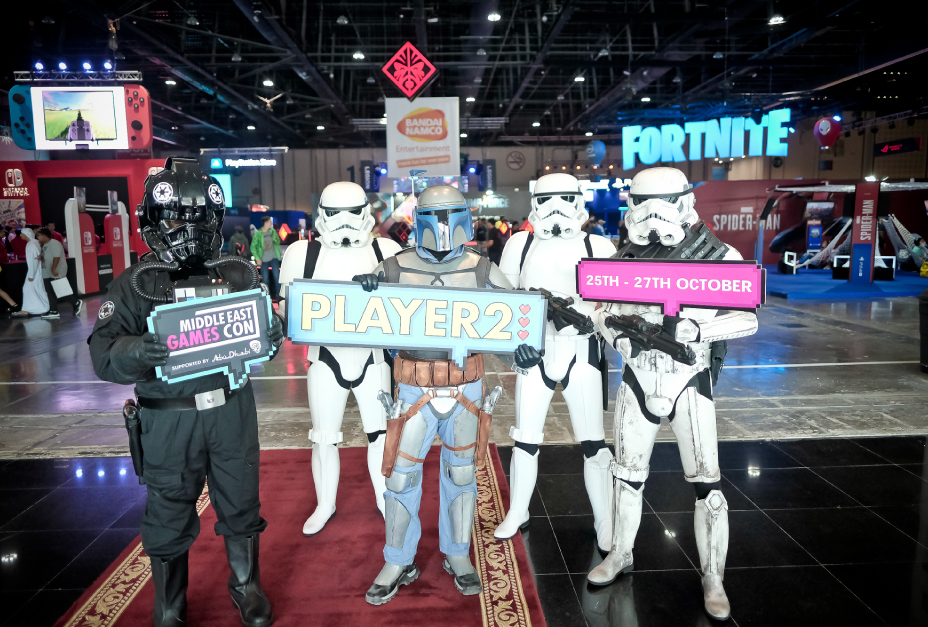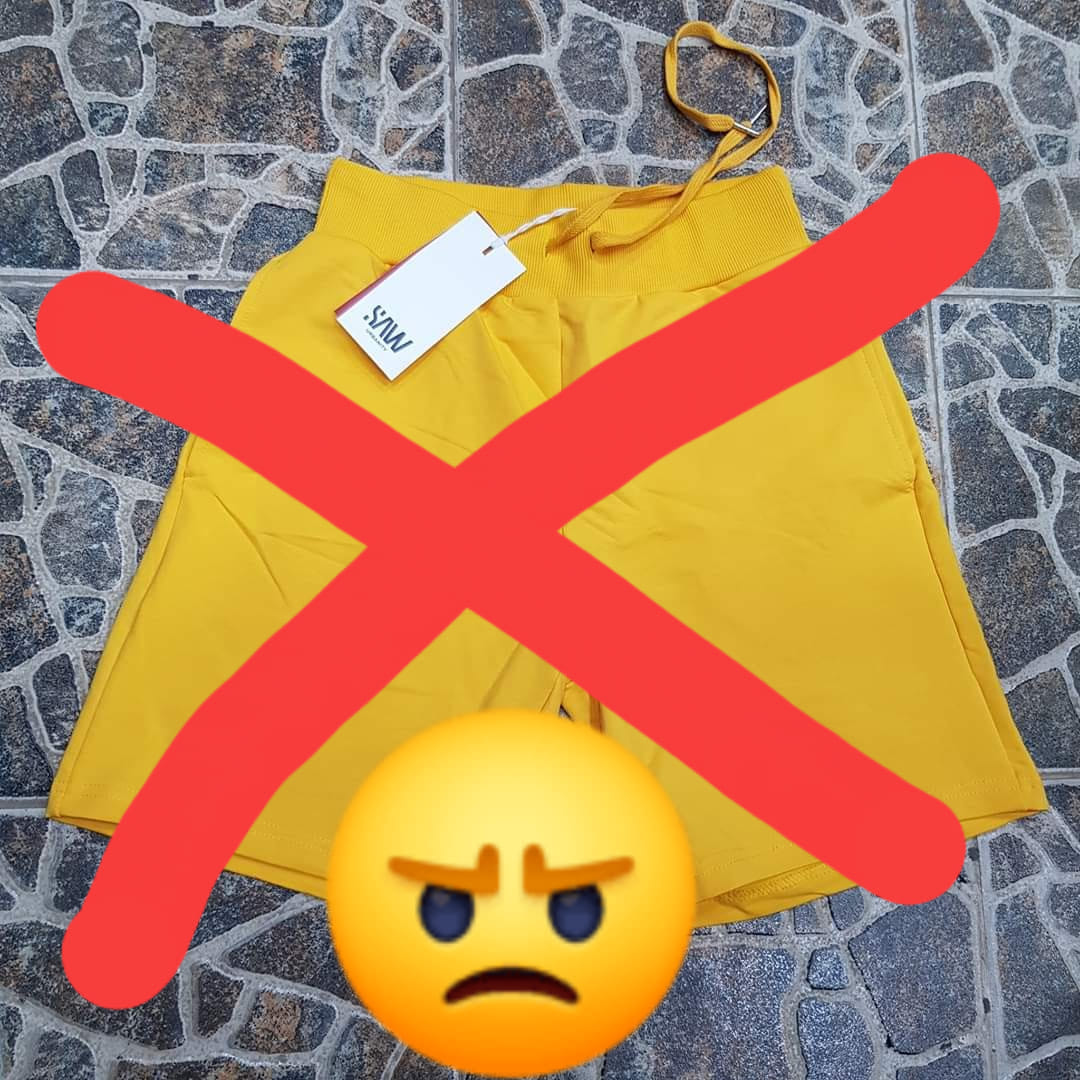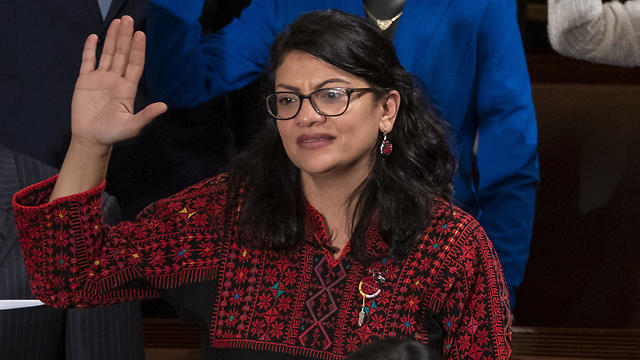The recently-released “Mysterious Jungle” version of the popular mobile game PlayerUnknown’s Battlegrounds (PUBG) has caused controversy across the Middle East for the inclusion of idol worship. In the new version, players are incentivized to “pray” in front of totems. Doing so awards players with additional health and weaponry.
The inclusion of idol worship in the game which is popular with children is a source of concern for Muslim scholars with fears it may teach them to embrace polytheism.
Idol worship refers to the practice of worshipping an idol or person in the place of God. Idolatry is forbidden in Islam and is considered to be in contradiction of Tawhid and a sin. Tawhid, the belief in the indivisibleness and oneness of God, is a central pillar of Islam, with the acknowledgment of the oneness of God forming the first part of the Shahada, or declaration of faith.
Muslim players have taken to social media to express their disappointment with PUBG, and some users have gone as far as deleting the game.
While less prominent in contemporary discourse, idol worship is also forbidden in Christianity. The Christain Broadcasting Network defines an idol as any “person, object or activity you give a higher priority in your life than a relationship with God.” As in Islam, the centrality of God is key to understanding the issue of idol worship.
In the Christian understanding, idolatry can be directed towards both material and immaterial possessions such as a relationship, home, job, or vehicle. Idol worship, such as that included in PBUG, is explicitly outlawed in the Bible. It is unclear whether the inclusion of the totem prayer feature has sparked similar controversy among Christian players.
Video games often lack localization for audiences in the MENA region. However, the game’s producer Tencent issued a statement to Gulf News apologizing for the inclusion of the totem worship feature, which they have now removed.





